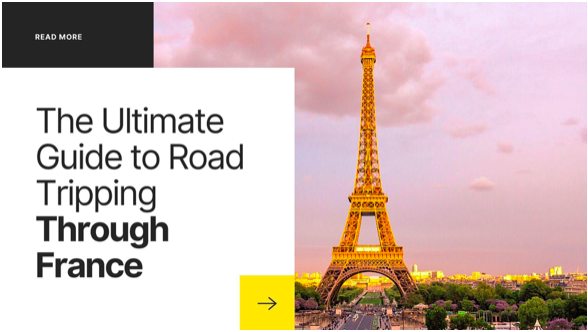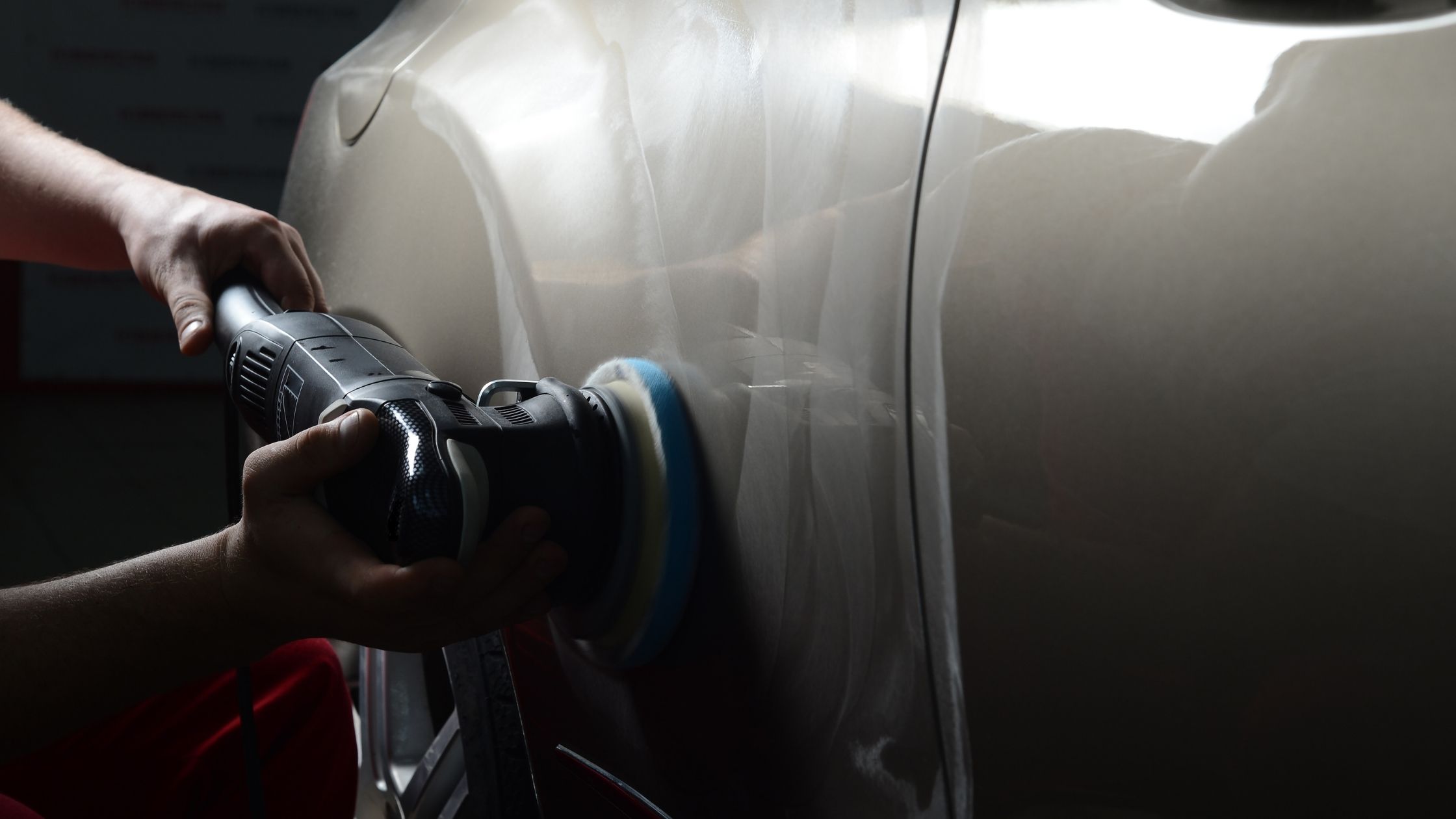It is fair to say that France is one of the most visited countries in the world. It is very convenient for tourism thanks to a well-developed train system. But many of the most beautiful places in France are easier to see by car.
A road trip gives you complete freedom in choosing the route and the possibility to amend it. After all, it is impossible to predict in advance what interesting places you may encounter along the way.
So if your route is going to include not only big cities, a road trip is the best way to try the French way of living. However, a car trip can become difficult and costly unless you prepare for it in advance and learn more about road rules in the country.
How to rent a car?
France is easy to enter by car from most neighboring countries. But if you travel from a different continent, Paris is a perfect place to fly in and pick a rental car. In France, you can do it with minimal hassle – you just need an International Driving Permit, an ID document and a deposit on a bank card. The driver must be 21 years old and for some car categories, even 23 with driving experience not less than 12 months. Many rental companies apply a so-called “age fee” for drivers under 25 years of age.
Car Rental Insurance
Car rental should be insured in France. You can use one of the following types of insurance:
- LDW. It is an essential service included in the rental price. It covers expenses in the event of an accident or theft and applies to all people allowed to drive a car under the rental agreement.
- THIRD-PARTY LIABILITY. It is also included in the base rental price. It is valid in the event of bodily harm to passengers and damage to their property.
- TOP COVER LDW. It means reduced liability for damage and protects you from cases of theft or damage to the rented car. With this insurance, the size of the deposit is halved.
- SUPER TOP COVER LDW. With this type of insurance, your liability for accidents will be zero. This is insurance without a deposit and payment of a deductible.
The rental price usually includes only basic insurance against theft and damage. To exclude the deductible, you will need to buy an additional car hire excess insurance policy. It is not necessary to buy it from the rental company, you can get a policy from other insurance companies like CarInsuRent.com.
Toll roads
Toll roads in France are paid. The cost depends not only on the class of the vehicle but also on the distance traveled.
There is also a charge for traveling through tunnels and some bridges. Usually, fees are displayed on a special board at the entrance to the toll section. You can pay in several ways: in cash, by bank transfer and through the French toll roads website.
The average price for 100 km is €10. But there are exceptions when you can pay €15 for crossing one bridge.
If you want to find out the exact cost of travel between certain locations, visit the official site of the toll roads, and the system will indicate the shortest path and the overall cost.
Speed limits in France
On the highways, the permitted maximum speed is 130 km/h in good weather and 110 km/h in the rain. If the visibility does not exceed 50 meters (heavy fog or rain), the maximum permitted speed is only 50 km/h.
Regional roads – 90 km/h
Settlements – 50 km/h
In residential areas of settlements, there may be zones with a limit of 30 km/h.
Fines
Fines are collected on the spot, after which a receipt is issued. For violating speed limits, you may pay up to €1500, and if you do not pay on time, the fine will increase.
You will have to pay €35 if you do not turn on the turn signal or drive in the emergency lane. You will pay €135 for crossing a solid road or doing it at a prohibited traffic light.
The same amount will be charged from you if your plates are poorly visible, the safe state between cars is violated, or you are moving in the opposite direction. And it is not a complete list of fines.
Wrapping up
These are only the main things to take into account when planning a road trip to France. There are plenty of minor things to take into account – always check mileage restrictions when you rent a car and refill your fuel tank before you return.
Besides, you should also study parking rules carefully in every location. Once you get acquainted with all these nuances, book a car and go to meet new impressions.




